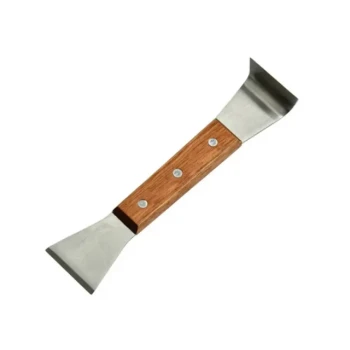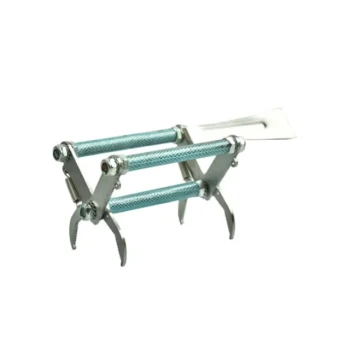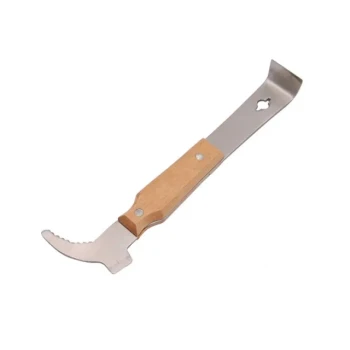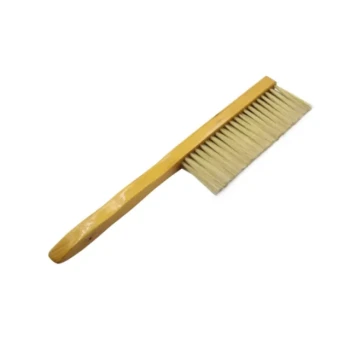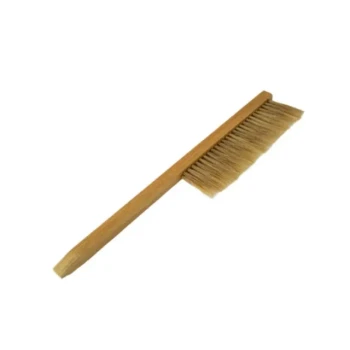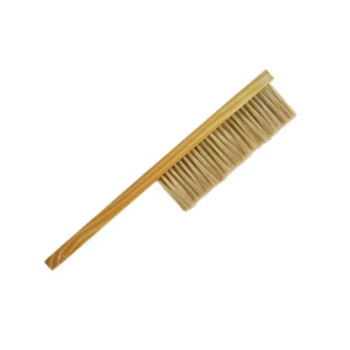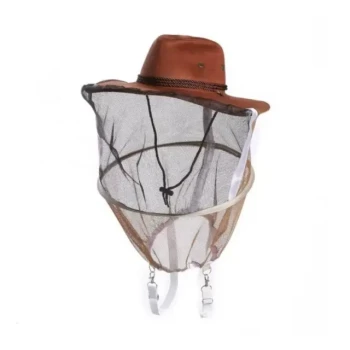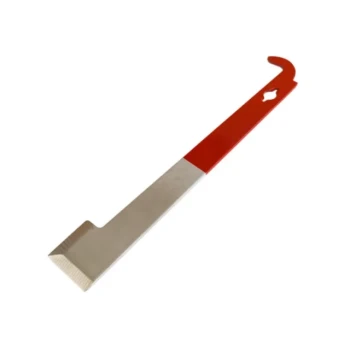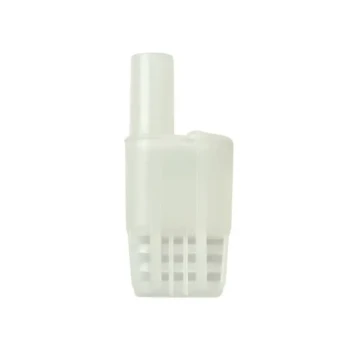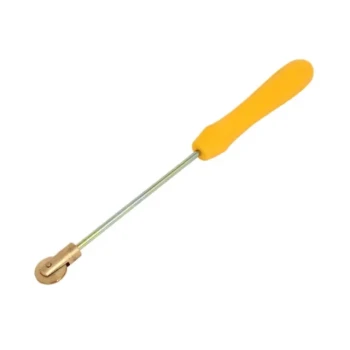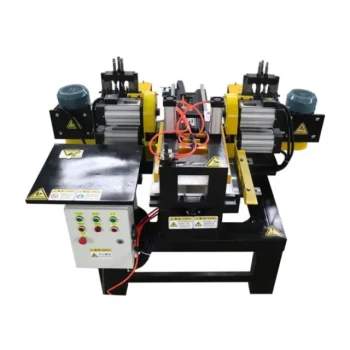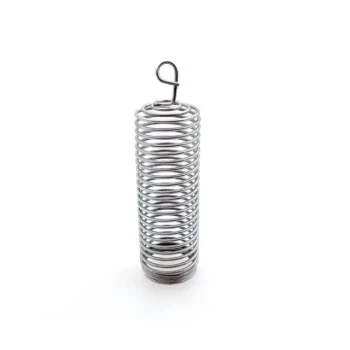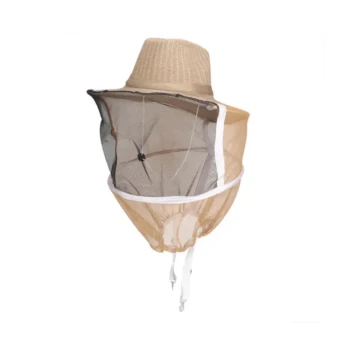Choosing a bee feeder is one of the most consequential decisions a beekeeper makes. It goes far beyond simply providing sugar water; the design of a feeder directly impacts colony health by preventing drowning and disease, ensures reliable access to food during critical periods, and minimizes the stress caused by hive inspections. The right feeder supports a thriving colony, while the wrong one can actively cause harm.
The "best" bee feeder is not a specific brand or model. It is a system that aligns with your specific climate, your colony's needs, and your beekeeping management style. Selecting the wrong feeder introduces unnecessary risks like drowning, robbing, and disease, turning a helpful tool into a liability.
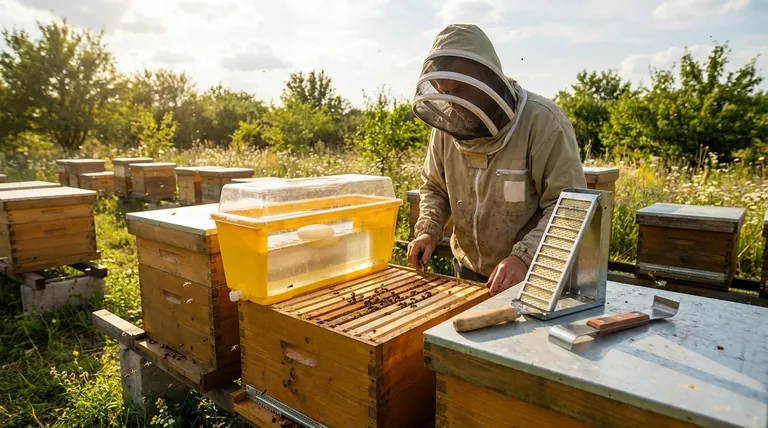
The Core Functions of a Bee Feeder
A feeder is more than a container for syrup. Its primary role is to deliver supplemental nutrition safely and efficiently, acting as a bridge during nectar dearths or to stimulate colony growth.
Delivering Nutrition, Not Drowning
The most immediate danger of any feeder is the risk of bees drowning in the syrup. Even small losses add up over time, weakening the colony's foraging force.
Effective feeders incorporate safety features like floats, ladders, or textured surfaces that allow bees to access the syrup without falling in. Open containers of syrup are exceptionally dangerous and should never be used.
Preventing Robbing and Pests
When you feed, you place a concentrated, high-value resource near the hive. This can trigger a "robbing" frenzy where bees from stronger neighboring colonies attack and overwhelm your hive to steal its resources.
Internal feeders, such as frame or top feeders, are vastly superior at preventing robbing because the syrup is contained within the hive. External entrance feeders are notorious for attracting robbers and other pests like wasps and ants, creating a constant state of defense and stress for your colony.
Minimizing Hive Disturbance
Every time you open a hive, you break the propolis seal, disrupt the colony's carefully regulated temperature and humidity, and cause stress. An ideal feeder minimizes this disturbance.
Top feeders and entrance feeders excel here, as they can often be refilled without opening the main brood chamber. Frame feeders, by contrast, require you to fully open the hive for every refill, increasing disturbance and the risk of crushing bees.
Key Feeder Types and Their Strategic Use
Different feeders serve different strategic purposes. Understanding their inherent strengths and weaknesses is key to making an informed choice.
Entrance Feeders (Boardman Feeders)
These small feeders fit into the entrance of the hive, typically using an inverted jar. They are cheap and easy to monitor, but their drawbacks are significant.
Their external placement makes them a major robbing attractant. Their small capacity requires frequent refilling, and they are ineffective in cold weather as bees will not break cluster to access them.
Internal Frame Feeders
These plastic feeders are shaped like a standard hive frame and are placed directly inside the brood box. This position protects the syrup from robbers and keeps it close to the bees.
Their main advantage is security and capacity. However, they require you to open the hive to check and refill them, and many designs pose a high drowning risk if they don't include robust ladders or floats.
Top Feeders (Hive-Top Feeders)
These large-capacity feeders sit on top of the uppermost hive box, directly under the outer cover. Bees access the syrup through a central chimney or screened-off area.
Top feeders offer the largest capacity and easiest refilling with minimal hive disturbance. They are excellent for rapid feeding of large colonies. Care must be taken to ensure proper ventilation to prevent excess moisture from building up inside the hive.
Understanding the Trade-offs: The Hidden Costs of a Poor Choice
A cheap or poorly designed feeder has costs that aren't reflected on its price tag. These hidden costs are paid by your bees and your time.
The Drowning Risk
A poorly designed feeder can become a death trap. A frame feeder without a proper ladder or a top feeder where bees can get past the guards can lead to hundreds or even thousands of drowned bees, negating the benefit of the feed.
The Disease Vector
Open or poorly sealed feeders can become a vector for disease. Rainwater can dilute the syrup, allowing it to ferment and grow harmful bacteria. If used for open-air feeding, they can facilitate the transfer of mites and pathogens between different colonies.
The Beekeeping Workload
Your time is a valuable resource. A feeder that is difficult to fill, leaks constantly, or incites robbing creates significantly more work. Choosing a feeder that fits your management style makes beekeeping more efficient and enjoyable.
Making the Right Choice for Your Goal
Your choice should be a strategic one based on your specific context. There is no single "best" feeder, only the best feeder for a particular purpose.
- If your primary focus is quick, small-scale feeding in a safe area: An entrance feeder can work, but you must be vigilant about robbing.
- If your primary focus is security and targeted feeding for a nucleus colony: An internal frame feeder offers excellent protection and keeps food close to the cluster.
- If your primary focus is maximum efficiency and colony growth: A large-capacity top feeder is the superior choice for its ease of use and low-disturbance refills.
- If your primary focus is bee safety above all: Invest in top or frame feeders with proven anti-drowning designs, like well-made floats and fully textured ladders.
A well-chosen feeder is not just a piece of equipment; it is a vital tool for responsible and effective hive management.
Summary Table:
| Feeder Type | Best For | Key Advantage | Key Drawback |
|---|---|---|---|
| Entrance Feeder | Quick, small-scale feeding | Easy to monitor | High robbing risk, small capacity |
| Internal Frame Feeder | Security, nucleus colonies | Protected from robbers | Requires hive opening for refill |
| Top Feeder | Maximum efficiency, large colonies | Large capacity, easy refill | Requires ventilation management |
Ready to choose the right bee feeder for your apiary? HONESTBEE supplies commercial apiaries and beekeeping equipment distributors with high-quality, safety-focused feeders designed to prevent drowning and robbing. Our wholesale-focused operations ensure you get reliable equipment that supports thriving colonies. Contact us today to discuss your needs and discover how our feeders can enhance your hive management!
Visual Guide
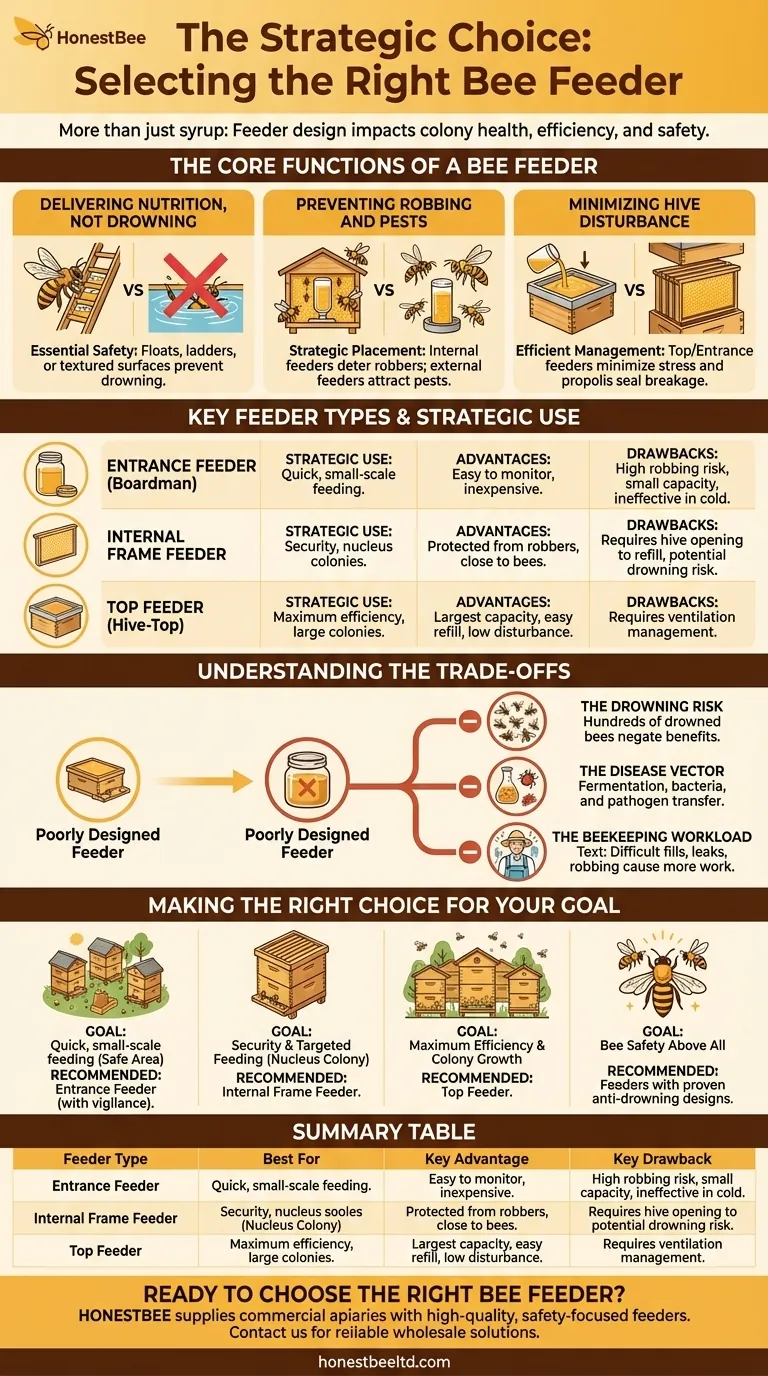
Related Products
- Professional Dual-End Stainless Steel Hive Tool for Beekeeping
- HONESTBEE Advanced Ergonomic Stainless Steel Hive Tool for Beekeeping
- Professional 3-Bar Frame Grip with Integrated Hive Tool
- Wholesales Dadant Size Wooden Bee Hives for Beekeeping
- HONESTBEE Professional Multi-Functional Hive Tool with Ergonomic Wood Handle
People Also Ask
- What role does standardized beehive equipment play in professional apiculture? Drive Efficiency and Yield
- How does the precision sub-construction of an observation hive system ensure imaging quality? Expert Alignment Guide
- How do specialized beekeeping tools assist in forest reserve apiaries? Enhance Management with Professional Equipment
- How do specialized Beekeeping Tools improve apiary management? Maximize Safety and Yield with Professional Gear
- What are the primary functions of a stainless steel hive tool? Essential Equipment for Professional Beekeeping
